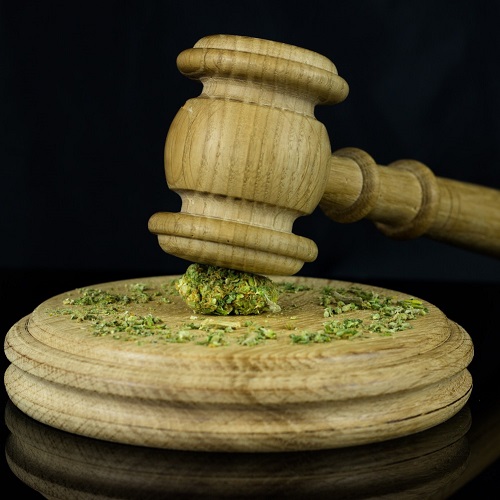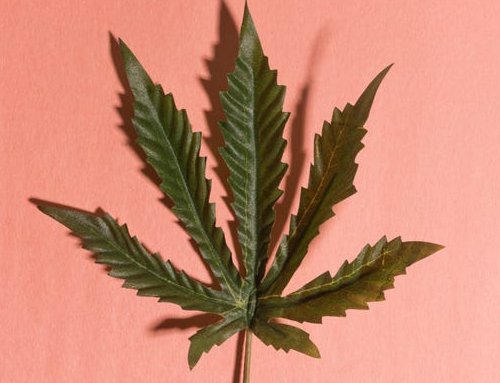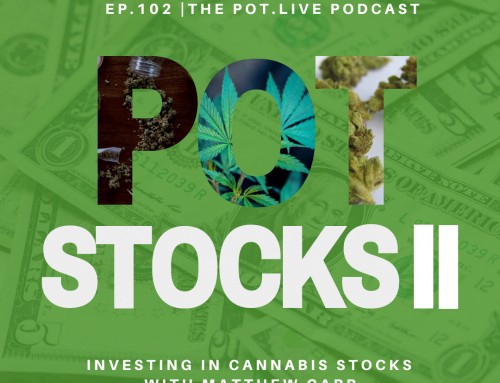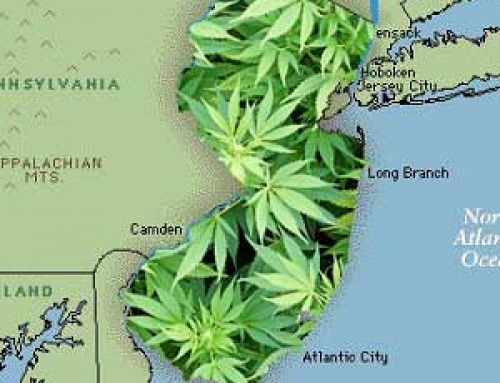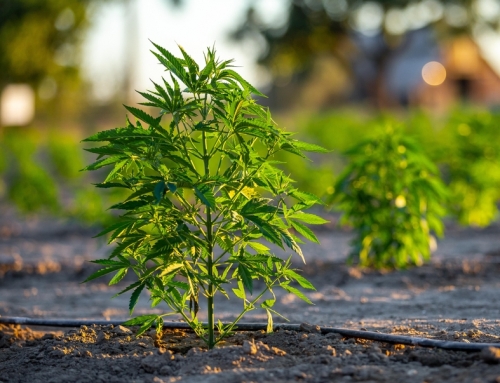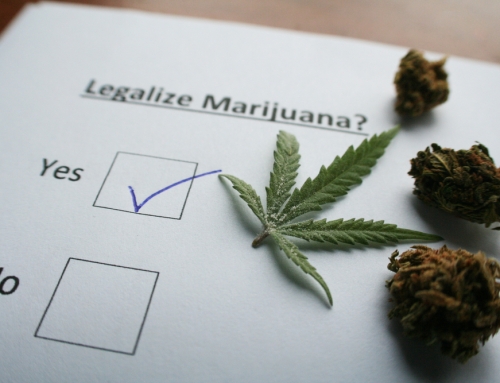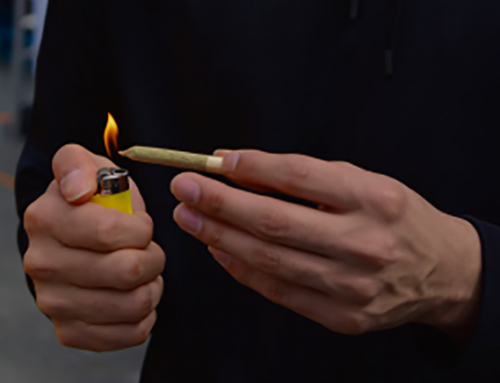Cannabis may be one of the fastest growing and most exciting industries in the U.S., yet it also faces more hurdles than perhaps any other industry.
The most critical obstacle of all is the federal government’s classification of cannabis as a Schedule I controlled substance. This is the strictest category for drugs deemed to have zero medical value and a high risk of addiction. In case you’re wondering, it is the same category as heroin and stricter than the categorization for meth, and you don’t have to be Einstein to recognize that cannabis doesn’t fit this classification at all.
Aside from the absurd history of how cannabis came to be classified as Schedule I (with zero medical or scientific validation), it’s important to understand how the current legislation affects the cannabis industry as well as cannabis businesses and jobs. Most importantly, we need to remember how it affects all the people who could benefit from cannabis but can’t because of its legal status at the federal level.
Cannabis as Schedule I Hurts the Industry and Society
To spell it out clearly, here are the main issues with cannabis on the Schedule I list:
– Makes cannabis research exceptionally difficult (can’t study something for medical purposes with no medical value).
– Prevents cannabis exports (can’t export dangerous drugs).
– Creates unnecessarily difficult hurdles for businesses (banks won’t touch a business selling a Schedule I drug).
– Stigmatizes people who already benefit or could benefit from cannabis.
Not only does the Schedule I classification impede progress, but it also has zero basis in science and was passed purely for political reasons by the Nixon administration some 50 years ago. Doesn’t it make sense to update our cannabis policy?
Schedule I Status is a Criminal Justice Issue
Despite the fact that cannabis was a widely-distributed medicine with MDs writing more than 3,000,000 prescriptions per year in the ‘30s, cannabis became prohibited at the federal level in the United States in 1937. That prohibition was continued via the Controlled Substances Act in 1970 with cannabis placed firmly in the Schedule I category, which is where it has been since.
The decision to place cannabis in the Schedule I category was not based on science. To gain insight into the motivation behind why it occurred, just look to the words of former Nixon domestic policy chief John Ehrlichman:
“You understand what I’m saying? We knew we couldn’t make it illegal to be either against the war or black, but by getting the public to associate the hippies with marijuana and blacks with heroin. And then criminalizing both heavily, we could disrupt those communities,” Ehrlichman said. “We could arrest their leaders, raid their homes, break up their meetings, and vilify them night after night on the evening news. Did we know we were lying about the drugs? Of course we did.”
Cannabis’ Schedule I status let law enforcement arrest tens of millions of people over the decades, with more than 8 million arrested from 2001 to 2010 alone. Cannabis prohibition has had a disproportionate impact on poor people and people of color. Cannabis usage rates are relatively the same among races and yet African American people are nearly four times more likely to be arrested for cannabis violations.
The penalty for being arrested for cannabis goes far past the arrest, incarceration, and/or monetary fine. Those who have been arrested face ongoing stigma and lose out on potential financial assistance for college, employment opportunities, and housing, among other things most of us take for granted. Even in states where cannabis has been legalized people still get denied for something as mundane as volunteer coaching positions if they were previously convicted of a cannabis offense.
That would not be the case if cannabis was de-scheduled at the federal level.

How to De-schedule Cannabis
The solution is to move cannabis off the list of scheduled drugs because as a plant it simply does not belong there.
Unfortunately, cannabis has been notoriously difficult to de-schedule because there are so many industries that profit from prohibition (i.e. private prisons, police unions, alcohol companies, big pharma, and the drug testing industry). This means an enormous amount of lobbying money goes into these sectors to pressure politicians to keep cannabis illegal.
That said, there are actions we can take:
1. Support those organizations who are actively lobbying for change.
We suggest you donate time, energy, and money to help those organizations who are doing a ton for sensible cannabis reform:
– NORML
– Drug Policy Alliance
– Americans for Safe Access
– Students for Sensible Drug Policy
Lobbying is an important component to almost any industry, and for cannabis that is particularly the case. The above groups work tirelessly to educate government, comment on regulations and drive policy forward.
2. Vote for pro-cannabis representatives.
The main reason these outdated laws haven’t changed is that leaders with outdated mindsets still hold power in office. You can change that by voting for (and volunteering for) government officials actively supporting cannabis reform. The leaders who get it are being vocal about their focus to “end the ‘war on drugs’ ”.
When it’s election time, search for each candidate and their “cannabis policies” and you’ll easily find where they stand. Then vote!
3. Talk about cannabis with everyone.
Policies shift because leaders who govern these policies change their minds, and people change their minds once they become well-educated.
So once you feel well-educated about cannabis, talk to everyone about it. That includes your doctors, your local council members, and even your family and friends.
Cannabis reform is a conversation and the more people who are actively engaged in that conversation the more likely they are to come to the common sense conclusion that cannabis policy must change now.
We have every reason to move forward with de-scheduling cannabis, tackling federal prohibition together with each one of us doing our part to educate ourselves and others on the truth about cannabis. And if you’re in the industry already, you are fighting for the very existence of your job by remaining politically active and supporting cannabis advocacy groups and cannabis education.
For anybody who is part of the industry or wants to support cannabis, it’s not enough to sit back and see how things unfold with federal prohibition. There are actions all of us take to speed things along and put federal law on the right side of history.

